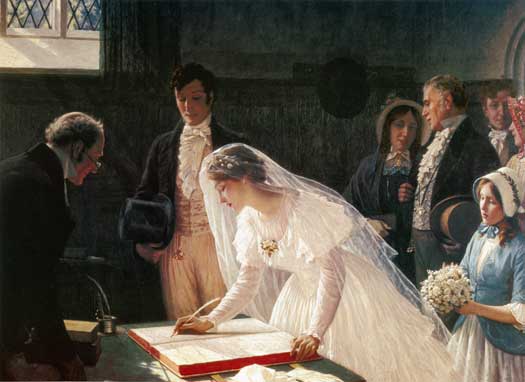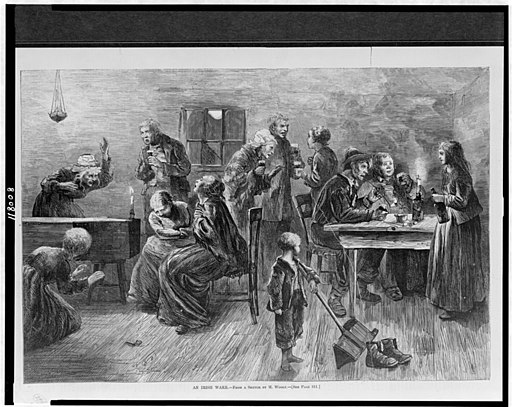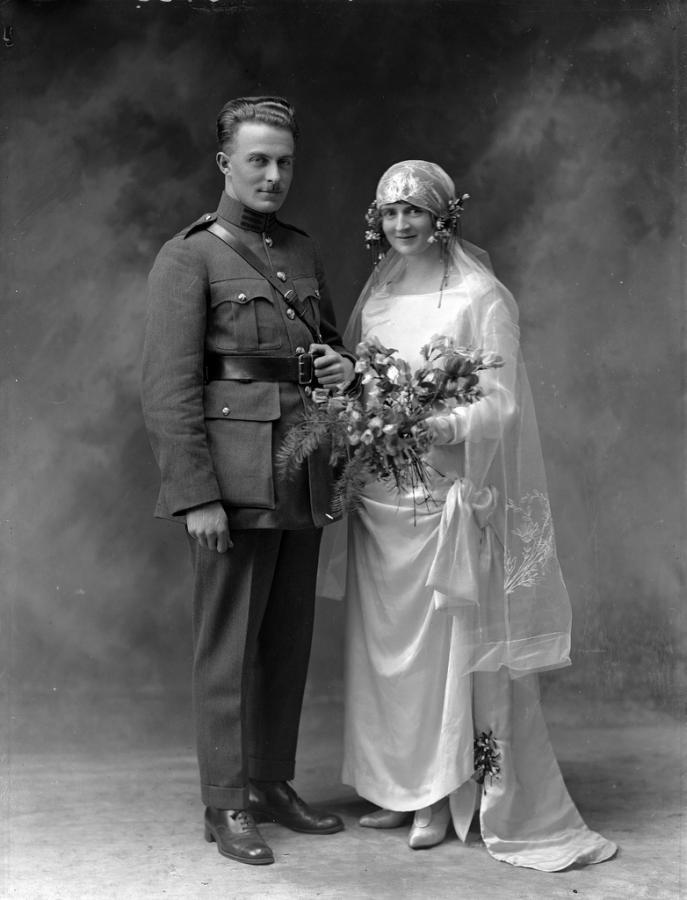Love and death, and everything in between.
Whitechurch Library; Tallaght Library; Balbriggan Library; Blanchardstown Library.

As most people leave a light “paper trail”, the moment of marriage or death may provide family history sleuths with their only evidence of their ancestors’ existence. What can these records tell us? Behind the facts themselves lie living realities. What can we deduce about relationships and lifestyles of the past?
Practical advice and guidance on what records survive, how to work from one document to the next, how to build your family tree, and understand the historical context of events. Colourful case studies are used throughout to show how an individual may be traced and what may be deduced about them. Whether you’re a complete beginner or experienced, you are sure to pick up useful tips and hints about where to dig.
WHEN?
Weds 22 Aug
- 1-2pm
- Whitechurch Library
- Sound research for Irish Ancestry.
- Booking open from 30 July – email ballyroanlibrary.eventbrite.ie
Thurs. 23 Aug
- 1-2pm
- Tallaght Library
- Sound research for Irish Ancestry.
- Booking open from 30 July – email talib.eventbrite.ie
Sat. 25 Aug
- 10.15am to 12.30pm
- Balbriggan Library
- To find my soul a home: evidence in matrimonial records for family history.
Sat. 25 Aug
- 2.15pm to 4.30pm
- Blanchardstown Library
- Notify next of kin: evidence in death, burials, wills and other sources for family history.
Title: Notify next of kin: evidence in death for family history.

Outline: Most people leave a very light paper-trail in the records – one time we’re most likely to find evidence is at time of death. Families made arrangements to wake and bury the dead; notify immediate kin, friends and community; erect a gravestone; pay the undertaker; prove a will and settle all bequests. Sometimes artefacts were created in death: – memorial cards, jewellery or even more unusual items.
Death was one of the busiest times in life, and many of the customs / traditions that developed around it, generated a document.
In this workshop, we use case-studies to examine the evidence that survives in death. We explore how to use it to build your research and write your family history narrative.
Duration: 2 hours
Curriculum included.
Title: How to find my soul a home: evidence in marriage for family history.

Outline: In marriage we see the happiness and hope of two people, embarking on an intimate journey of uncertain outcome.
Marriage was not a single act, but involved a series of actions, each of which committed the couple in the eyes of their community. The betrothal; publication through banns or marriage licenses; gifting a dowry or preparing a pre-nup; the actual wedding ceremony, honeymoon and consummation.
Failure to complete any of these acts, could invalidate the marriage.
In this workshop we ask, was marriage in the past different to now? Was love always the main criteria, or was it about wealth and family connections? What arrangements did people make, when a marriage broke down irretrievably? Can we find evidence of same-sex couples, at a time when their unions weren’t recognised in the law.
Using case-studies, we will explore what evidence survives, and how to use it to research and write your family history narrative.
Duration: 2 hours
Curriculum included.